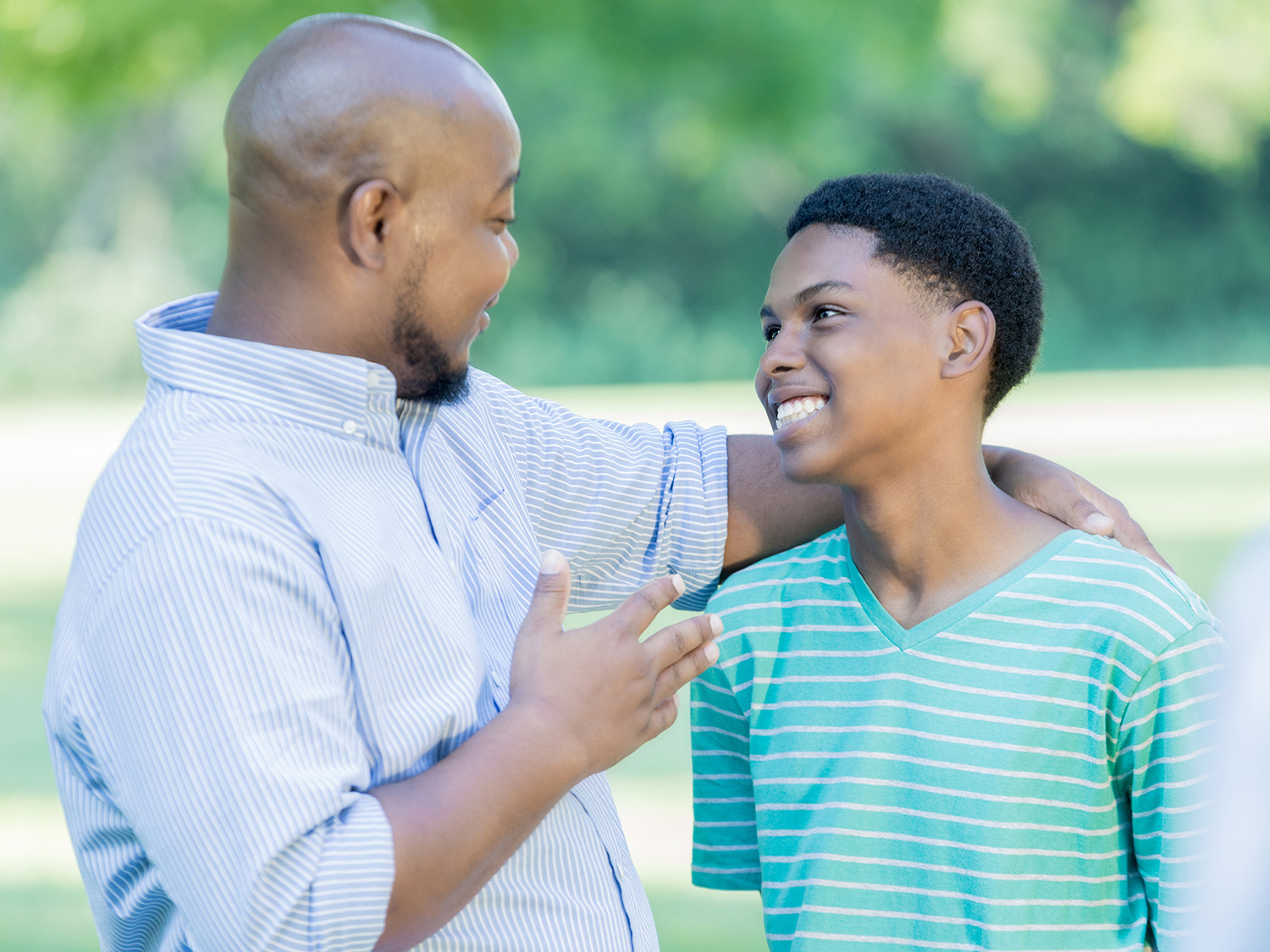Some 6th graders have reached, or are on the verge of reaching, puberty. Girls usually experience these changes first, between the ages of 10 and 12 (a small percentage of girls, however, begin menstruating at the end of 4th grade). Hormones tend to hit boys later, between the ages of 12 to 15. But like everything in child development, the range is wide.
-
Biology Takes Over
Their changing bodies can leave kids feeling self-conscious and confused. Tweens can become particularly critical in regard to their appearance — especially if they think of themselves as chubby. For example, be sure to point out to your daughter that some weight gain at puberty is normal, as breasts and possibly hips fill out. Naturally, you'll want to avoid commenting on any changes in ways that might embarrass her.
-
The Role of Schools
Most schools offer some type of course in growth and human development, which is usually incorporated into the health curriculum (state standards vary). In Wisconsin, for example, 4th and 5th grade boys and girls learn separately about each other's reproductive systems. Susan Masterson, the principal at Monroe Elementary School in Janesville, Wisconsin, and the president-elect of the National Association of Elementary School Principals, explains the process in her state: "We invite parents to view a maturity and sexual health video along with their children. Typically the dads attend with their sons and the moms join their daughters. Afterward there’s an opportunity to submit questions anonymously to the school nurse, who is available to answer them."
-
Feeling Flirty
The physical changes of puberty often bring out sexual feelings — another distraction to learning. What looks like a playground spat between a boy and a girl may actually be a neophyte version of flirting. Children may even refer to a twosome as “going out.” In reality, though, the “couple” doesn’t go anywhere together. They might hang out at recess and phone and Instant Message each other at home, but it’s not “dating."
Whether your 6th grader has reached puberty or is just hearing about it, it's important to stay alert to the changes and open to any questions your child might have. Now more than ever, you want to be an "askable parent."


